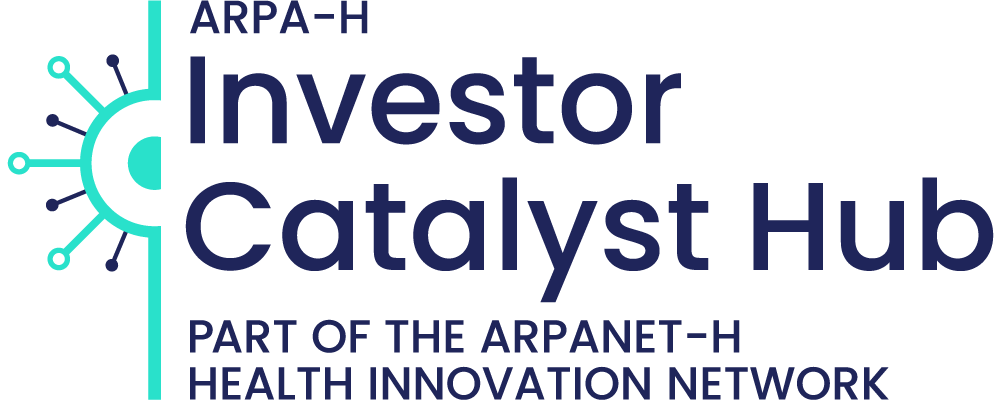Medical Imaging Data Insights Highlight Opportunity for Marketplace
Explore the Findings of the Investor Catalyst Hub’s First Network Survey
August 20, 2024—Advancements in medical imaging data, artificial intelligence (AI), and machine learning (ML) have exponentially increased the versatility and usage of medical images. This progress has improved speed, reliability, and accessibility in modern diagnostics, treatment, and biomedical research.
An increase in the development of Software as a Medical Device (SaMD) incorporating AI and ML has engendered new challenges for medical device and software developers. Limited access to high-quality, regulatory-ready medical imaging data for developing and testing new technology can be a significant barrier to innovation. Data quality deficiencies can also delay Food and Drug Administration (FDA) clearance or pre-market authorization, ultimately limiting the performance and availability of AI-enabled software and medical devices.
To address these challenges, the Advanced Research Projects Agency for Health (ARPA-H) and the Center for Devices and Radiological Health (CDRH) of the FDA seek to develop a medical imaging data marketplace (MIDM) and announced the exploration of a new initiative to streamline access to affordable, high-quality, regulatory-ready medical imaging data at scale. An MIDM will connect existing databases, marketplaces, and data providers to a trusted platform that researchers and customers can use to find and affordably access the data needed to develop and test new algorithms.
In support of this effort, the Investor Catalyst Hub administered a network survey to collect feedback on the specific needs and challenges that medical imaging software and product developers, users of AI and ML medical imaging products, and private and public organizations face with utilizing, managing, and producing data for product development and evaluation.
Respondents offered insights into challenges including:
- Data security and compliance
- High costs and delays in obtaining imaging data
- Interoperability with standard tools and platforms
- Representative data across demographics and diseases
The Investor Catalyst Hub has aggregated and synthesized the results of the data into a report that can inform the model and strategy used for an MIDM and prioritize the types of data it should support. The report will also help to develop a viable economic model to ensure the long-term sustainability of the marketplace.
